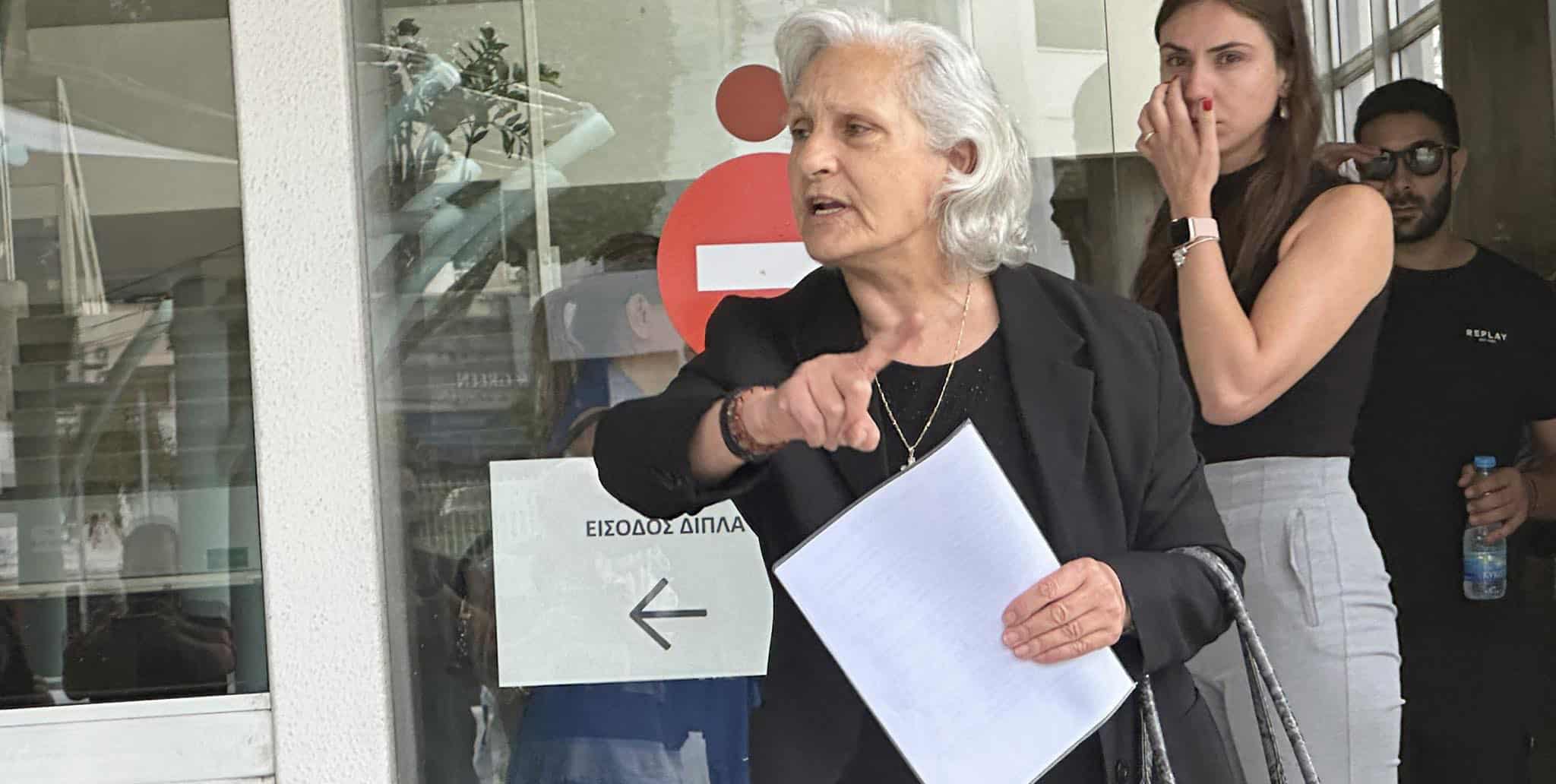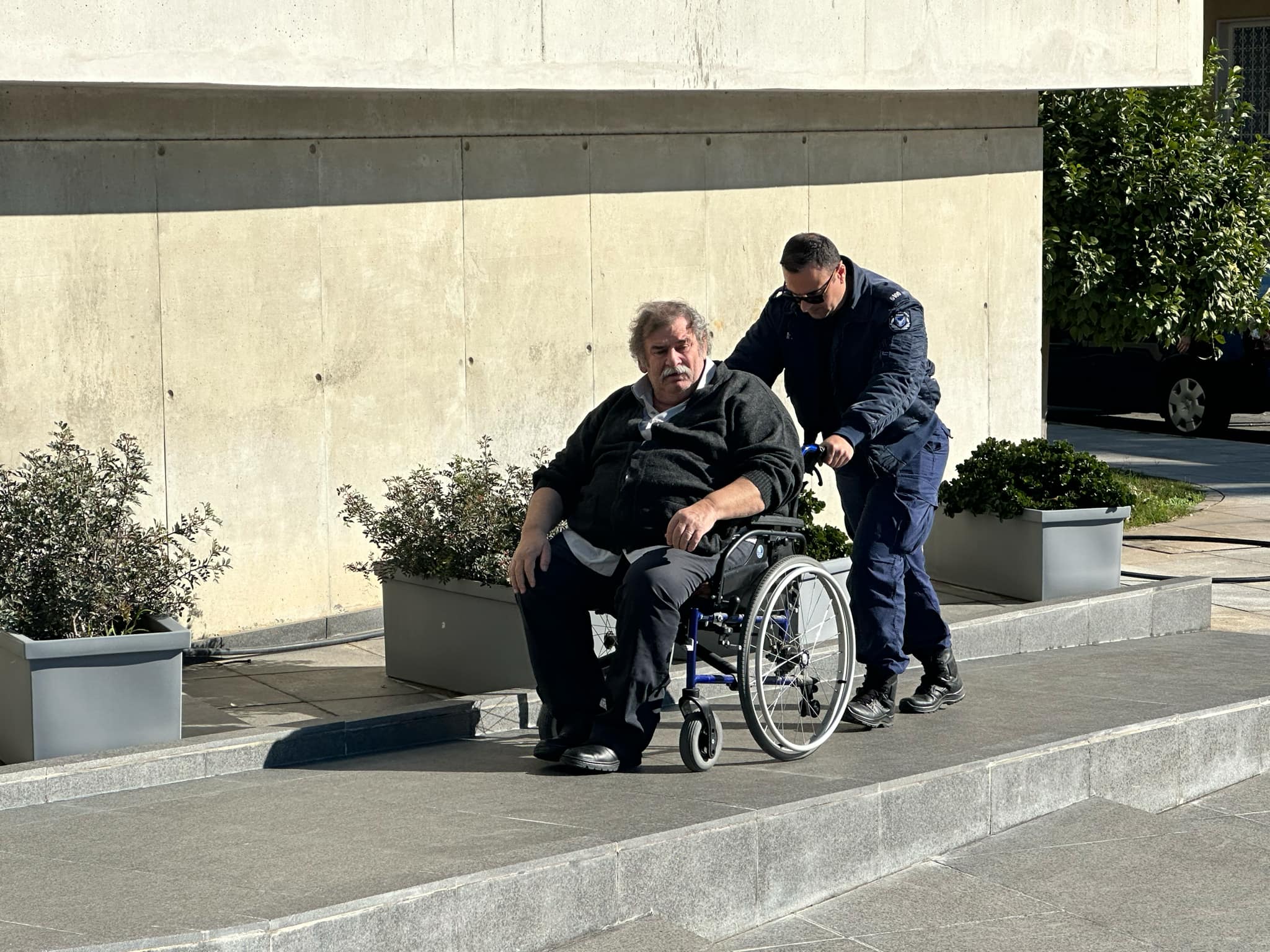The Supreme Court on Wednesday rejected an appeal lodged by state pathologist Panicos Stavrianos against a Limassol district court ruling that conscript Thanasis Nicolaou had been strangled to death in 2005.
Stavrianos had found at the time that Nicolaou had committed suicide, and appealed the Limassol court’s later ruling in May that the guardsman had been strangled on the basis that he was an interested party in the case and should have had the right to participate in court proceedings.
However, the Supreme Court found that while the Limassol court did make a “legal error” in not allowing Stavrianos to testify, it would “not serve any purpose” to annul the court’s decision “for reasons of public interest and justice”.
Speaking outside court after the ruling, Thanasis Nicolaou’s mother Andriana Nicolaou said, “somewhere, there is justice”, adding that “whatever had happened, I would have stuck to the conclusion of the [Limassol] investigation into his death”.
Stavrianos also spoke outside court, saying, “perhaps I am the only person whose rights are violated without any remedy”.
“I expected the Supreme Court, based on the fact that my rights were violated and it recognised this, to come to a different conclusion. However, in the public interest, and to serve any perception, the findings of the investigation were not annulled,” he said.
“The court’s decision is respected, but I insist that the management and manner of the inquest was wrong and this will be proven by legal procedures which will follow this process, which we will study with our lawyers,” Stavrianos said.
“Freedom of speech and democracy are intertwined and, in this case, democracy has been affected by a deprivation of speech in the procedures of the death inquest. For this reason, I believe that when so many populists inside and outside so many bodies hear that a person’s rights were violated, let us see what their reactions will be.”
The Limassol district court had ruled in May that Nicolaou had been strangled to death, almost 19 years after Stavrianos’ ruling.
The Limassol district court had found that “Thanasis Nicolaou, whose body was found under the Alassa bridge, died on September 29, 2005, as a result of strangulation due to criminal activity.”

Andriana Nicolaou had for nearly two decades campaigned to have Stavrianos’ ruling overturned, remaining adamant that her son had not committed suicide.
Speaking after the May ruling, she said, “I thank God for giving me the strength these years through all my sickness,” and promised that justice would eventually come for those who killed her son.
“For two decades we fought to prove true that everyone did everything to cover up the truth,” she said.
The investigation was carried out on the basis of the new information brought to light following exhumation and examination of Nicolaou’s bones in 2020, which led to the conclusion that his death was due to a criminal act and not a suicide.
Following the Limassol district court’s ruling, the government appointed two new investigators, retired Greek police lieutenant Lambros Pappas and lawyer Thanasis Athanasiou, to further investigate the matter. Their work had continued regardless.
Speaking after the announcement of the investigators’ appointment, President Nikos Christodoulides called for the “truth to shine”.
“What matters for us is for the truth to shine and for the investigators to begin work immediately, because Thanasis’ mother and father, as well as society at large, await answers,” he said.
He added that the government had appointed the investigators “precisely so we can see why for all these years … some aspects were possibly not investigated.”






Click here to change your cookie preferences